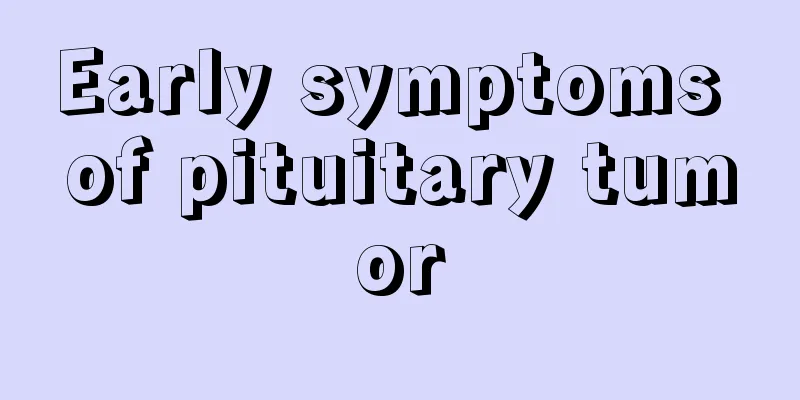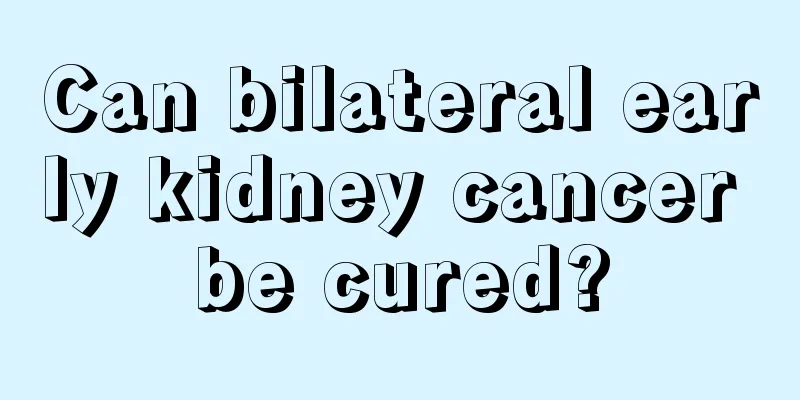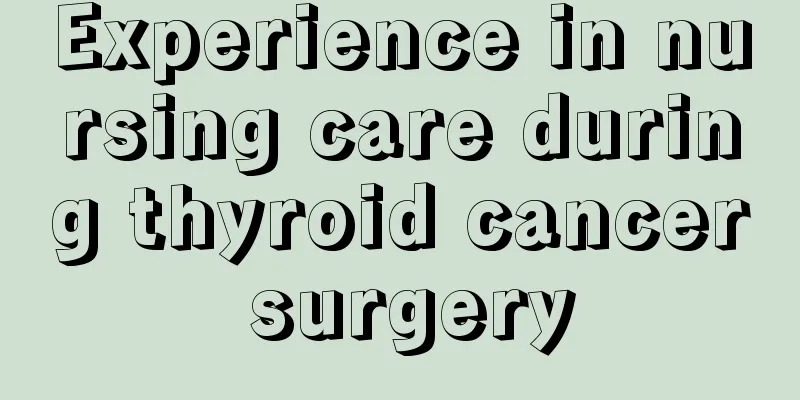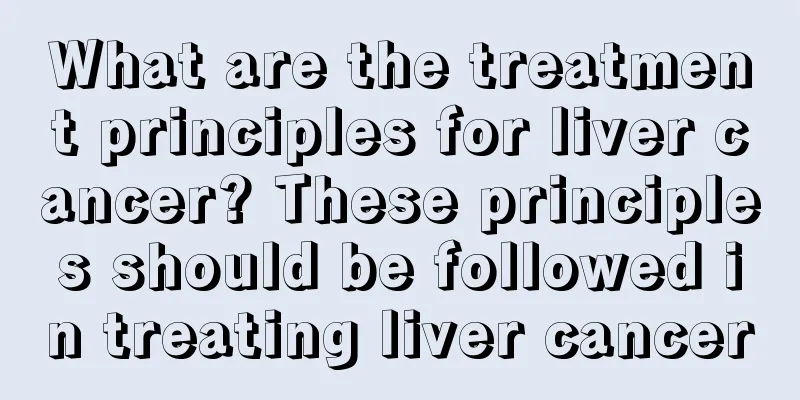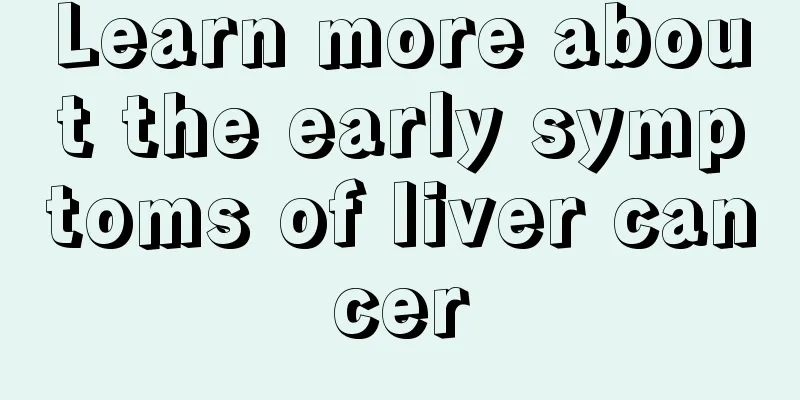What is targeted therapy
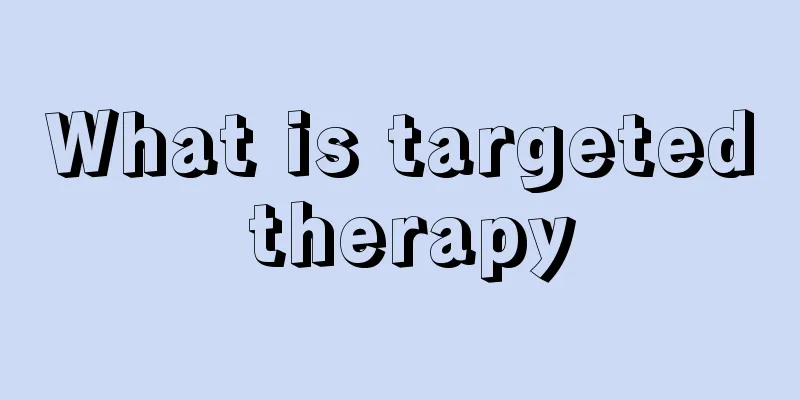
|
With the rapid development of society and technology, many diseases that were originally incurable have been treated more effectively. The most obvious of these is the treatment of cancer. Nowadays, more and more people are suffering from cancer. This disease used to be only seen on TV, but now it seems that we always hear about someone getting cancer. Fortunately, this is no longer the era when people are afraid of cancer. Cancer can be treated better. Targeted therapy is this method. Let’s learn about what targeted therapy is. Targeted drugs, a method of interventional treatment, are currently the most advanced drugs for treating cancer. The biggest difference between them and traditional drugs lies in their mechanism of action. Conventional chemotherapy drugs work by toxicating cells. Since they cannot accurately identify tumor cells, they may harm normal cells while killing tumor cells. This is the root cause of the side effects of chemotherapy drugs. Targeted drugs are developed for tumor genes. They can recognize characteristic sites on tumor cells that are determined by genes unique to tumor cells. By binding to them (or other similar mechanisms), they block the signal transduction pathways in tumor cells that control cell growth and proliferation, thereby killing tumor cells and preventing their proliferation. Due to these characteristics, targeted drugs are not only effective, but also have much fewer side effects than conventional chemotherapy methods. Treatment using targeted drugs is called "targeted therapy." In addition to conventional surgery, radiotherapy, chemotherapy, biological therapy and traditional Chinese medicine treatment, different targeted therapy technologies can be used for targeted treatment according to the different targets of tumors at the organ tissue and molecular levels. Local lesion targets can be treated with local targeted ablation therapy, targeted radiotherapy, targeted internal irradiation therapy with radioactive particle implantation, high-energy focused ultrasound therapy, intravascular intervention therapy and local drug injection. The target of molecular targeted therapy is the malignant phenotype molecules of tumor cells, acting on specific cell receptors, signal transduction channels and other channels that promote tumor growth and survival, the regulation of angiogenesis and cell cycle, to achieve anti-tumor effects by inhibiting tumor cell growth or promoting apoptosis. Different from traditional cytotoxic chemotherapy, tumor molecular targeted therapy has specific anti-tumor effects and significantly reduced toxicity, opening up a new field of tumor chemotherapy. |
<<: What is the effect of autohemotherapy?
Recommend
How to eat mustard?
Buckwheat is an uncommon grain, often used as coa...
What to do if your face gets red from the sun
People often apply sunscreen to block the sun'...
How to treat bile duct cancer with traditional Chinese medicine
How does Traditional Chinese Medicine treat bile ...
Is rectal cancer soft or hard?
Is rectal cancer soft or hard? 1. Is rectal cance...
What bra should I wear for sagging breasts
If a woman's breasts sag, it will look a litt...
Why do ovarian tumors recur
Ovarian tumors are a major killer of women's ...
Can desiccant be eaten?
In life, we often come into contact with desiccan...
How to prevent blisters at the corners of the mouth?
Generally speaking, blisters at the corners of th...
The difference between brown and black stool
There are always many patients suffering from gas...
Nail polish ingredients
Young girls like to apply nail polish. Gel nail p...
Can colorectal cancer be cured?
Colorectal cancer is one of the most common malig...
What are the causes of tongue ulcers
Tongue ulcers are very common among oral ulcers. ...
How to wrap wet hair with a towel
Some people like to wash their hair at night. At ...
What are the causes and symptoms of the straightening of the physiological curvature of the cervical spine
The cause of straightening of the physiological c...
Can I have sex the day before the marriage checkup?
Nowadays, many young couples ignore the issue of ...

